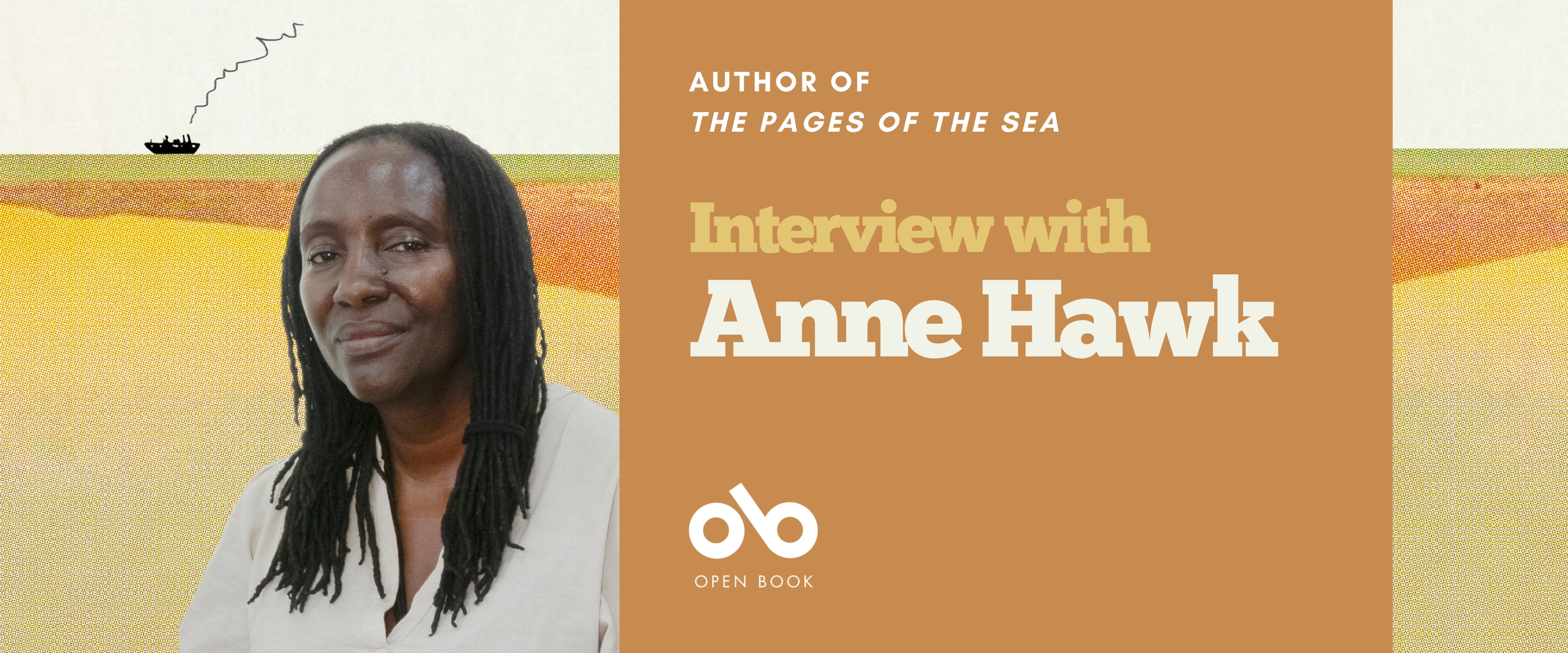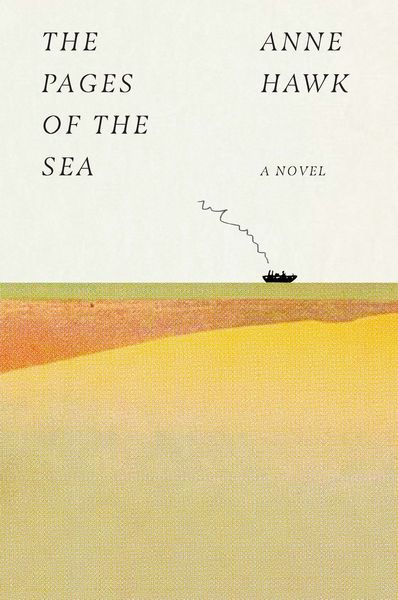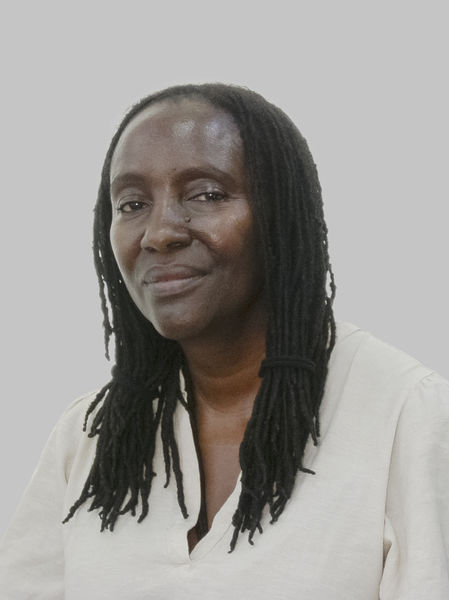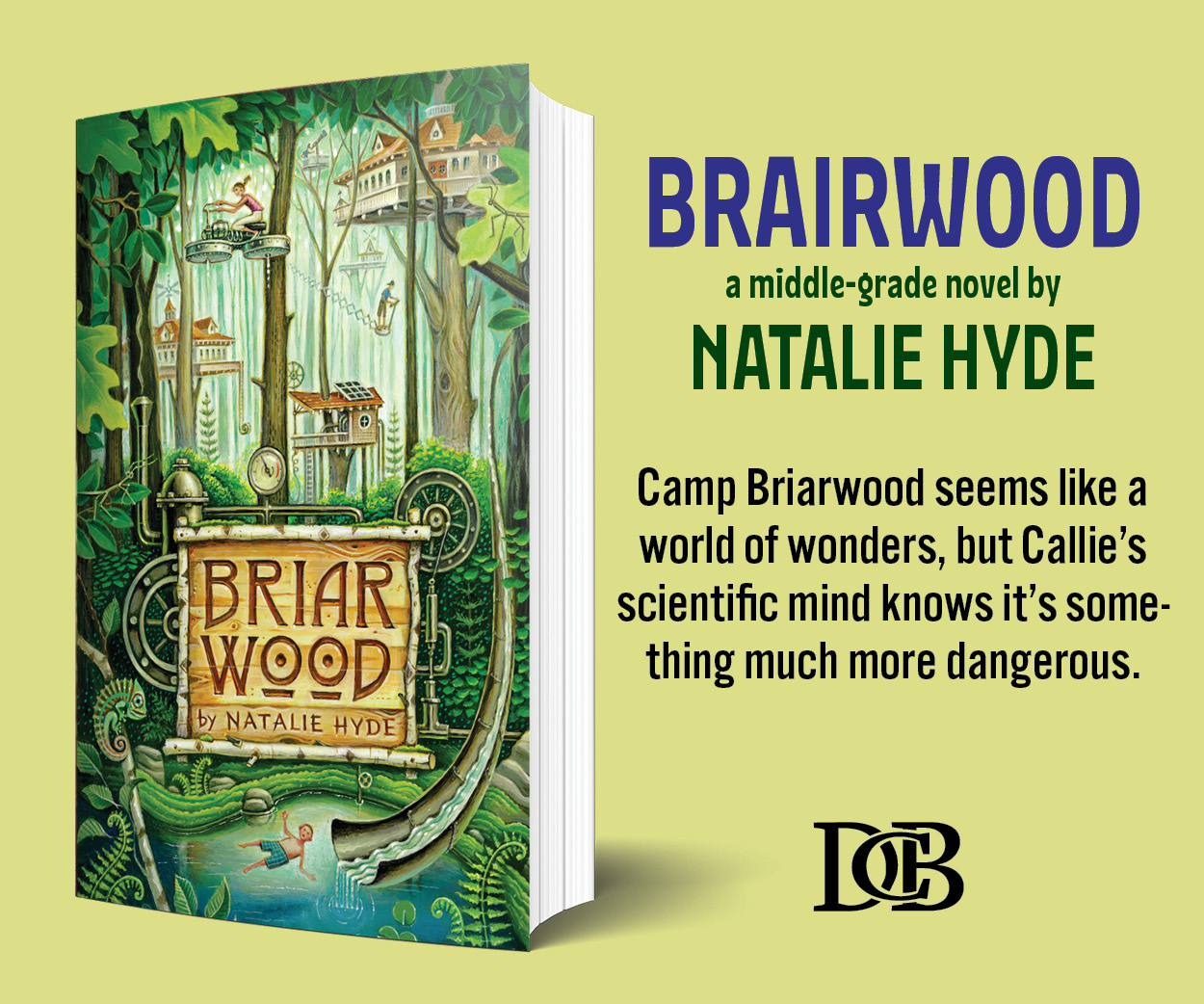Debut Novelist Anne Hawk Tells a Story of Childhood and Community in The Pages of the Sea
The history of a place is not just the details that can be written down or chronicled in some pragmatic way. Rather, it can be best explored through the people that have lived there, and the patterns of life over generations that have shaped and changed the land.
In her debut novel, The Pages of the Sea (Biblioasis), Anne Hawk distills these types of histories into a 1960s Caribbean Anyplace that captures a range of cultural and geographical elements of an imagined port city, and one that carries many of the familiar traits of colonial capitals in the region. In this fictional but very real setting, we find Wheeler and her older sisters, left there to be raised by aunts and cousins after their mother emigrates to the UK for work.
While they are with family, Wheeler feels very alone, and longs for the day that her mother will send for her, all while adapting to daily life and the proprieties that are expected of her. As she navigates this family drama against the rich backdrop of this setting, the reader is immersed in a story about sisterhood, secrets, sacrifice, and love.
We're delighted to share this Long Story Novelist Interview with the author, where she discusses this fascinating and tender novel.
Open Book:
Do you remember how you first started this novel or the very first bit of writing you did for it?
Anne Hawk:
The first bit of writing for the novel was the existing opening scene. I wanted to hit the ground running with Wheeler. I decided not to open with a descriptive passage, rather to start in the company of that character so the reader would be immediately on board with her. I did, however, move away from this idea in a subsequent redraft, opting for an ensemble piece around supper. But that scene was returned to its original place and occurs a little later.
OB:
How did you choose the setting of your novel? What connection, if any, did you have to the setting when you began writing?
AH:
I ended up coining the term Caribbean Anyplace to describe the setting of the novel, which captures aspects of culture and landscape held in common by many places in the region. A well situated fort and port, a church on the hill; these are all recognizable features of former colonial capitals. I spent the early part of my life around a magnificent horseshoe bay with a similar configuration. The atmosphere of that place has never left me and is the inspiration behind the setting of many of the scenes in The Pages of the Sea.
Your CanLit News
Subscribe to Open Book’s newsletter to get local book events, literary content, writing tips, and more in your inbox
So the physical setting of the novel is a combination of inspired and imagined places. I invented several locations, including the agricultural district, to draw attention to the wider colonization story.
There are histories written on the land.
That history is evoked, for instance, in the windswept journey to the old sugar plantation, a feature on the landscape of most Caribbean nations. The impoverished village of Stout - a fictional location - speaks to the economic division between town and country, an ongoing reality in many Caribbean countries.
OB:
Did the ending of your novel change at all through your drafts? If so, how?
AH:
Absolutely. The change was entirely due to this young character and the way she evolved as the book proceeded. It was that which compelled me to conclude the novel in the way that I did.
OB:
Did you find yourself having a "favourite" amongst your characters? If so, who was it and why?
AH:
I found myself often in awe of Wheeler. She is inquisitive and compassionate, but above all courageous. I am impressed by Jonathan, a character who simply enthralls me with his own brand of smarts and ingenuity.
OB:
If you had to describe your book in one sentence, what would you say?
AH:
The Pages of the Sea is a novel of childhood and community located in the world that the Windrush Generation left behind.
OB:
What was the strangest or most memorable moment or experience during the writing process for you?
AH:
I was often surprised by how characters would just turn up and assume various roles.
Bear in mind that the two main characters spend their free time together knocking about, pursuing their own agenda. A cast of characters appeared from nowhere during the writing process and anchored the two children to an intriguing community.
___________________________________________
Anne Hawk grew up in the Caribbean, the UK and Canada. She has worked as a journalist, a paralegal and was for many years a secondary school teacher. She is married and lives in London. The Pages of the Sea is her first novel.






